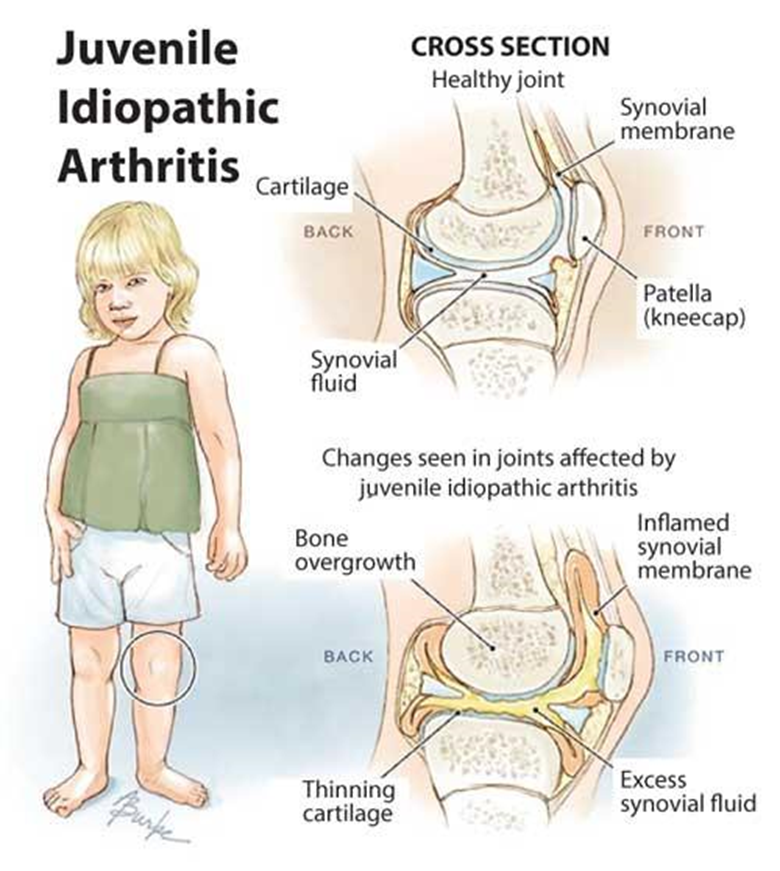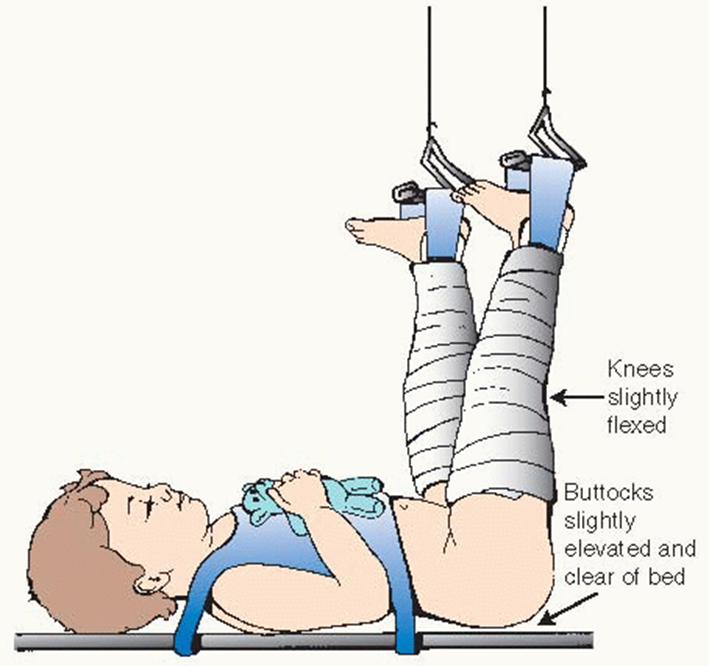A nurse is caring for an adolescent who has been diagnosed with diabetic ketoacidosis (DKA). The nurse notes the following:
When planning care for this client, the nurse should anticipate a provider's prescription for which of the following?
Insulin therapy and fluid replacement
Glucagon injection and potassium supplements
Bicarbonate infusion and sodium restriction
Dextrose infusion and diuretics
The Correct Answer is A
Choice A reason: Insulin therapy and fluid replacement are the main treatments for DKA, as they lower the blood glucose level and correct the dehydration and electrolyte imbalance caused by osmotic diuresis and acidosis.
Choice B reason: Glucagon injection and potassium supplements are not indicated for DKA, as they may worsen the hyperglycemia and the hyperkalemia. Glucagon stimulates the liver to release more glucose into the bloodstream, while potassium supplements may increase the risk of cardiac arrhythmias.
Choice C reason: Bicarbonate infusion and sodium restriction are not the first-line treatments for DKA, as they may have adverse effects on the acid-base balance and the fluid status. Bicarbonate infusion may cause paradoxical cerebral acidosis and hypokalemia, while sodium restriction may exacerbate the hyponatremia and the hypovolemia.
Choice D reason: Dextrose infusion and diuretics are contraindicated for DKA, as they may increase the blood glucose level and the dehydration. Dextrose infusion may trigger a rebound hyperglycemia, while diuretics may cause further fluid and electrolyte loss.
Nursing Test Bank
Naxlex Comprehensive Predictor Exams
Related Questions
Correct Answer is B
Explanation
Choice A reason: Encouraging the child to take a 45 min nap daily is not a helpful instruction, as it may interfere with the child's normal sleep pattern and school schedule. The child may benefit from regular rest periods throughout the day, but not necessarily a long nap. ⁵
Choice B reason: Administering prednisone on an alternate day schedule is a helpful instruction, as it is a common way of prescribing corticosteroids for children with juvenile idiopathic arthritis. Corticosteroids are used to reduce inflammation and control symptoms, but they have many side effects, such as growth suppression, weight gain, and osteoporosis. Giving the medication every other day may reduce some of these side effects and improve compliance. ⁶

Choice C reason: Applying cool compresses for 20 min every hour is not a helpful instruction, as it may cause skin damage and discomfort. Cool compresses may be useful for acute inflammation, but not for chronic arthritis. Warm compresses or baths may be more soothing and beneficial for the child's joints. ⁷
Choice D reason: Allowing the child to stay at home on days when her joints are painful is not a helpful instruction, as it may lead to social isolation, academic difficulties, and reduced physical activity. The child should be encouraged to attend school and participate in activities as much as possible, with appropriate accommodations and modifications if needed. The child may also benefit from physical therapy, occupational therapy, and pain management strategies. ⁸
Correct Answer is D
Explanation
Choice A reason: This is not a correct description of Bryant traction. This type of traction does not involve pins or wires inserted into the bone. It is a skin traction that uses adhesive straps or bandages attached to the skin of the lower legs.
Choice B reason: This is not a correct description of Bryant traction. This type of traction does not maintain the leg in an extended position. It flexes the hip and knee at a 90-degree angle and suspends the leg in the air.
Choice C reason: This is not a correct description of Bryant traction. This type of traction does not use a sling under the knee of the affected leg. It uses a spreader bar to keep the legs apart and prevent rotation.
Choice D reason: This is a correct description of Bryant traction. This type of traction elevates the buttocks slightly off of the bed to provide countertraction and alignment of the fractured bone.

Whether you are a student looking to ace your exams or a practicing nurse seeking to enhance your expertise , our nursing education contents will empower you with the confidence and competence to make a difference in the lives of patients and become a respected leader in the healthcare field.
Visit Naxlex, invest in your future and unlock endless possibilities with our unparalleled nursing education contents today
Report Wrong Answer on the Current Question
Do you disagree with the answer? If yes, what is your expected answer? Explain.
Kindly be descriptive with the issue you are facing.
